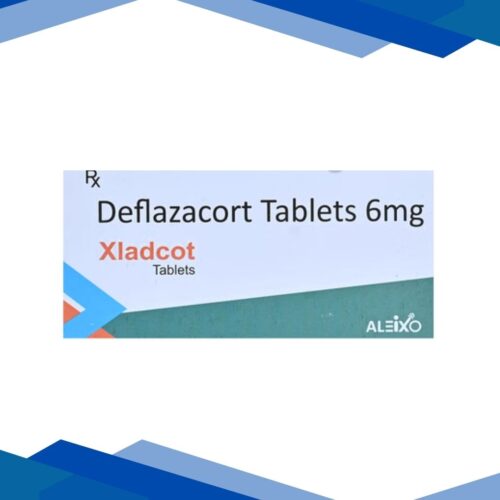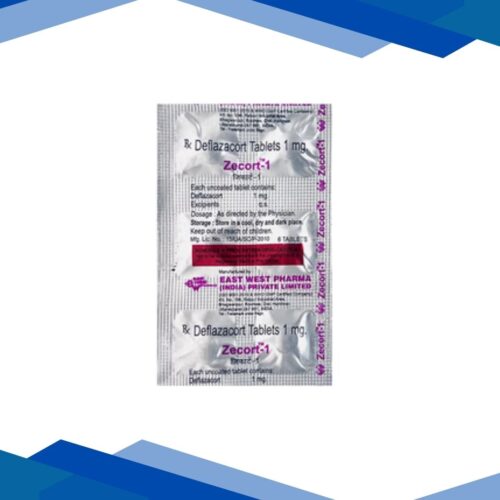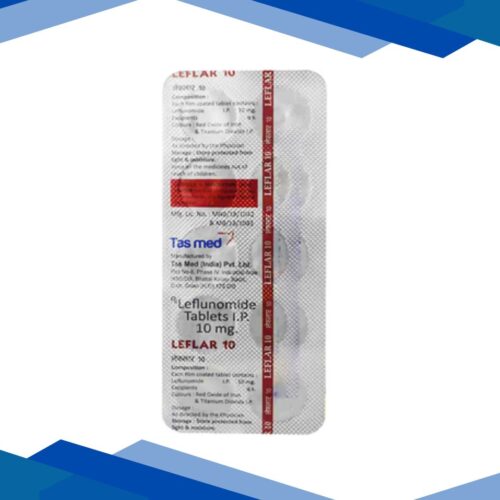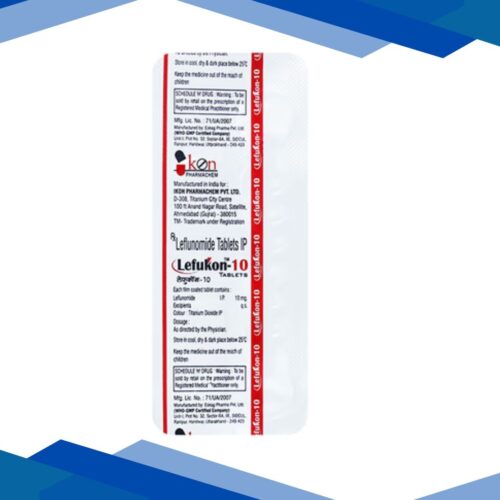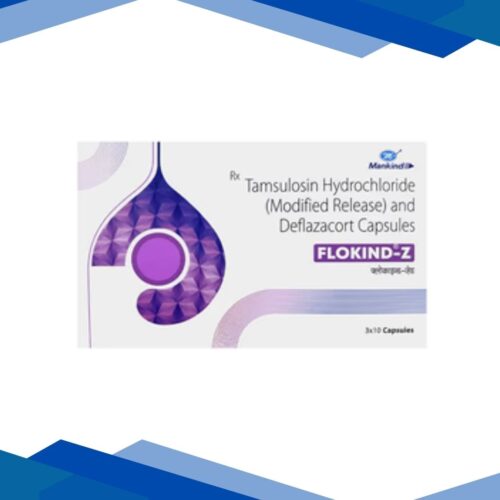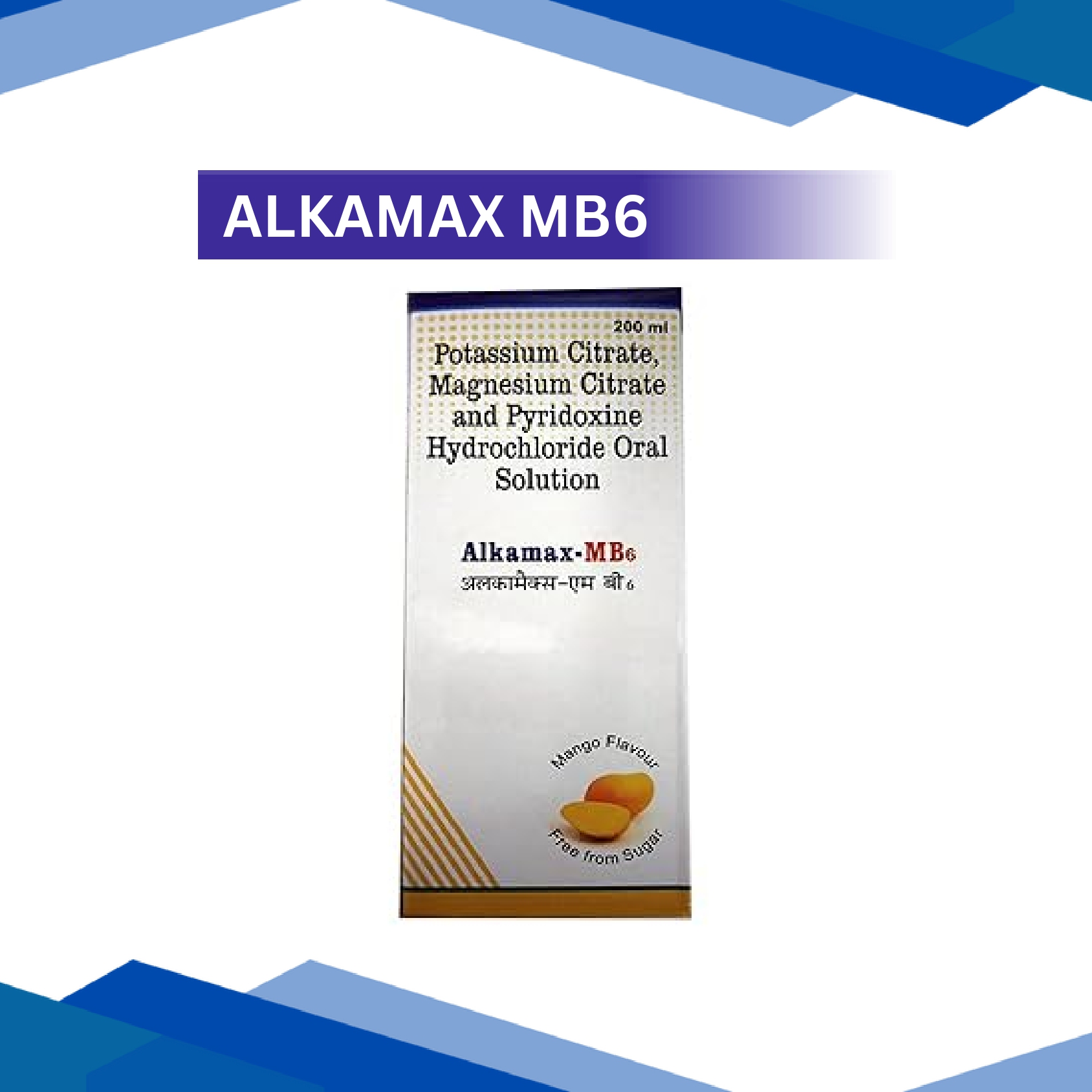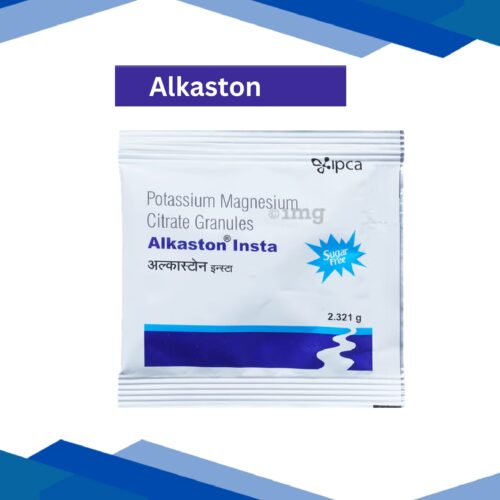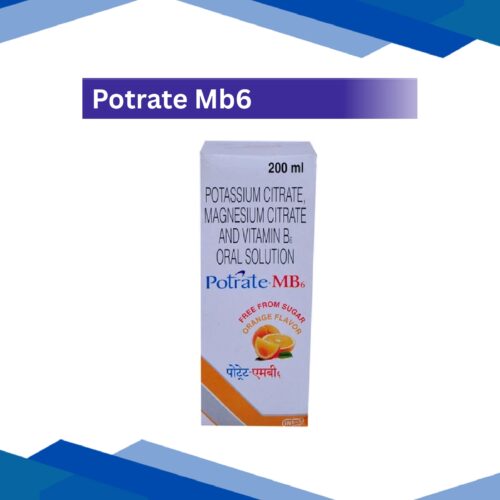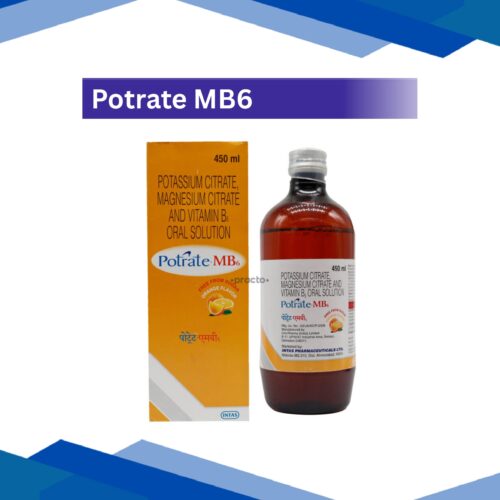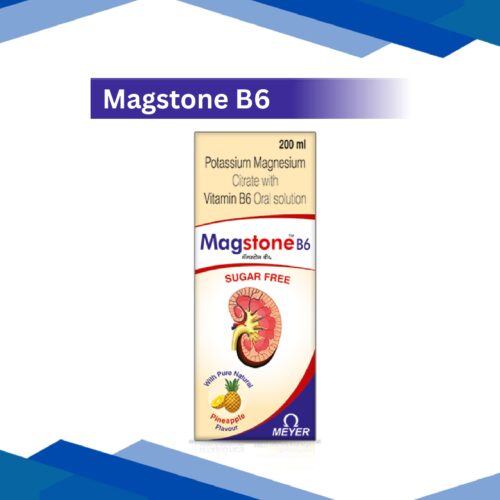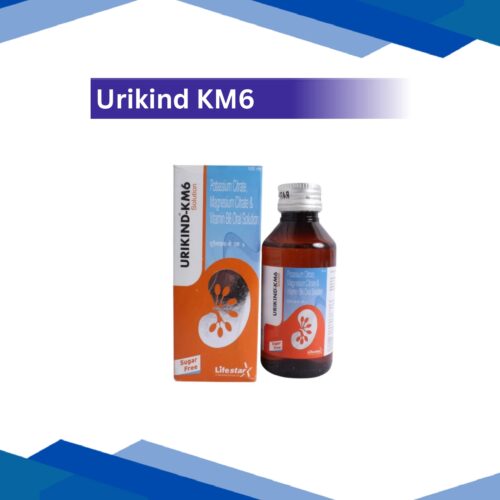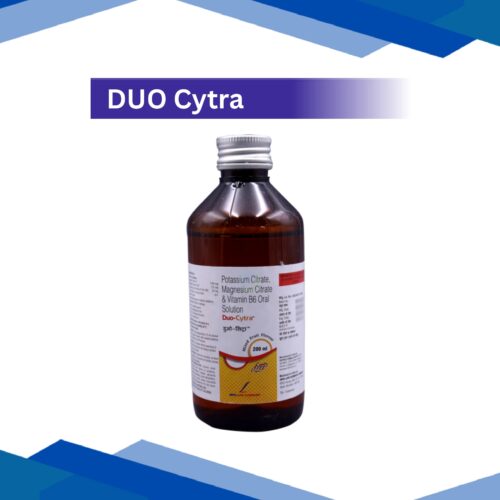FLOKIND Z Capsule 10’s
Alkamax MB6 200 ml
No Prescription yet? Don’t worry! Click Here to Get Online Consultation
Why Prescription is Required?
✅ Providing Right Medicines
Prescriptions are complex documents. We proofread and recheck at various steps to provide you the right medication in the correct form and dose.
⚖️ Helps Comply with the Law
Most medicines cannot be sold without a valid prescription, as per the Drugs and Cosmetics Act, 1940 and Rules, 1945.
Book Appointment with Doctor
Alkamax MB6 is a sugar‑free oral solution used as a urinary alkalinizer to manage kidney stones and relieve burning during urination. It works by increasing urine pH and reducing crystallization in the urinary tract. For more details kindly click on Medicine Salts below:
Potassium Citrate
POTASSIUM CITRATE
Overview:
Potassium citrate is a drug that assists in the urine becoming less acidic. In doing so, it prevents the production of some forms of kidney stones (such as uric acid and calcium oxalate stones) as well as treatment of diseases brought about by excess acid in the body. It acts by providing potassium and alkali-fying the urine, rendering the environment less conducive to the growth of the stones.
Classification: Urinary alkalinizer
Uses:
- Prevents and treats kidney stones (especially uric acid and calcium oxalate stones).
- Used to correct metabolic acidosis in people with chronic kidney disease.
- Used in renal tubular acidosis to correct acid-base imbalance.
- Provides potassium supplementation in people with low potassium levels.
- Reduces the risk of stone recurrence by keeping urine alkaline.
How it works:
Potassium citrate works by alkalizing the urine. After administration, it releases potassium ions (K⁺) and citrate ions. The citrate is metabolized to bicarbonate in the liver, which raises systemic and urinary pH, making the urine less acidic. This environment prevents the formation of uric acid and calcium oxalate kidney stones and helps correct metabolic acidosis. It helps replace potassium in the body, which may be low in certain kidney conditions or acid-base imbalances.
Dosage: As prescribed by your doctor.
Side Effects:
- Stomach upset, nausea, or vomiting
- Diarrhea or loose stools
- Abdominal pain or cramps
- Gas or bloating
Precautions:
Potassium citrate should be taken exactly as your doctor tells you. It’s important to drink plenty of water to help it work properly and prevent kidney stones. People with kidney problems need to be careful, because too much potassium can build up in the body. Regular check-ups for potassium levels and kidney function are important, and you should avoid taking extra potassium from other medicines or salt substitutes unless your doctor approves.
Disclaimer:This content is for informational purposes only. Always consult a healthcare provider for medical advice and proper dosage.
Pyridoxine
Pyridoxine
OVERVIEW
Vitamin B6 is a type of B vitamin. Pyridoxine, pyridoxal, and pyridoxamine are all forms of vitamin B6.
CLASSIFICATION
Pyridoxine is a form of B6 vitamin
USES
A rare seizure disorder that requires vitamin B6. Giving infants vitamin B6 by IV controls seizures caused by a condition called pyridoxine-dependent epilepsy. IV products can only be given by a healthcare provider.
A condition in which the body makes abnormal red blood cells that build up iron (sideroblastic anaemia). Taking vitamin B6 by mouth is effective for treating an inherited type of anaemia called sideroblastic anaemia.
Vitamin B6 deficiency. Taking vitamin B6 by mouth is effective for preventing and treating vitamin B6 deficiency.
HOW IT WORKS
pyridoxine (PN), pyridoxal (PL) and pyridoxamine (PM), and their phosphorylated derivatives, pyridoxine 5′-phosphate (PNP), pyridoxal 5′-phosphate (PLP) and pyridoxamine 5′-phosphate (PMP). Although all six of these compounds should technically be referred to as vitamin B6, the term vitamin B6 is commonly used interchangeably with just one of them, pyridoxine. Vitamin B6, principally in its biologically active coenzyme form pyridoxal 5′-phosphate, is involved in a wide range of biochemical reactions, including the metabolism of amino acids and glycogen, the synthesis of nucleic acids, hemoglobulin, sphingomyelin and other sphingolipids, and the synthesis of the neurotransmitters serotonin, dopamine, norepinephrine and gamma-aminobutyric acid (GABA)
DOSAGE
As directed by the physician
PRECAUTIONS
Vitamin B6: What You Need to Know
Taking Vitamin B6 by mouth is usually safe when used in the right amount. For most people, 100 mg or less per day is considered safe. Some people might feel mild side effects like nausea, stomach upset, headache, or loss of appetite.
If you take more than 500 mg a day, it could be risky. Very high doses — especially over 1000 mg daily — may lead to serious nerve and brain problems.
During Pregnancy
Vitamin B6 is often used safely to help with morning sickness, but only under a doctor’s guidance. Taking too much during pregnancy can be harmful and may even cause seizures in newborns.
While Breastfeeding
Vitamin B6 is safe in small amounts — about 2 mg a day. High doses should be avoided, as we don’t have enough information to know if they’re safe for nursing babies.
Special Situations
After a heart stent: Avoid using a mix of Vitamin B6, folate, and B12 after a coronary stent procedure, as it may raise the risk of blood vessels narrowing again.
After weight loss surgery: You usually don’t need extra B6 unless your doctor tells you. Taking too much can cause side effects like nausea, vomiting, and changes in skin color.
Side effects
Vitamin B6 is likely safe when used appropriately. Taking vitamin B6 in doses of 100 mg daily or less is generally considered to be safe. Vitamin B6 is possibly safe when taken in doses of 101-200 mg daily. In some people, vitamin B6 might cause nausea, stomach pain, loss of appetite, headache, and other side effects. Vitamin B6 is possibly unsafe when taken in doses of 500 mg or more daily. High doses of vitamin B6, especially 1000 mg or more daily, might cause brain and nerve problems.
Disclaimer
This content is for informational purposes only. Always consult a healthcare provider for medical advice and proper dosage
